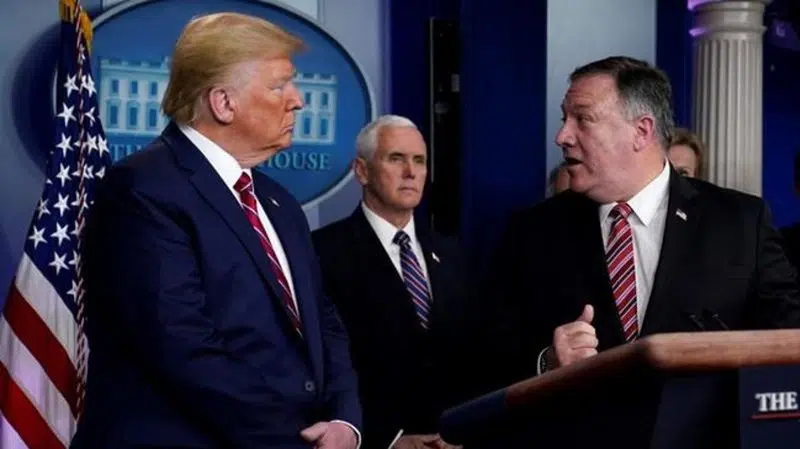
US and Mexico to curb border travel to control coronavirus
SAN DIEGO — Mexico and the U.S. announced Friday that travel would be sharply restricted along their shared border as part of efforts to control the spread of the coronavirus.
Mexico, the U.S. and Canada also agreed that everyone who tries to illegally cross a border would be immediately returned to their native country, with officials citing the potential health risk of detaining people from all over the world.
President Donald Trump and Mexican Foreign Secretary Marcelo Ebrard said the two governments agreed to prohibit recreational and tourist travel, similar to the restrictions put in place earlier this week along the U.S. and Canadian border.
Trump said the actions with the country’s North American partners “will save countless lives.”
